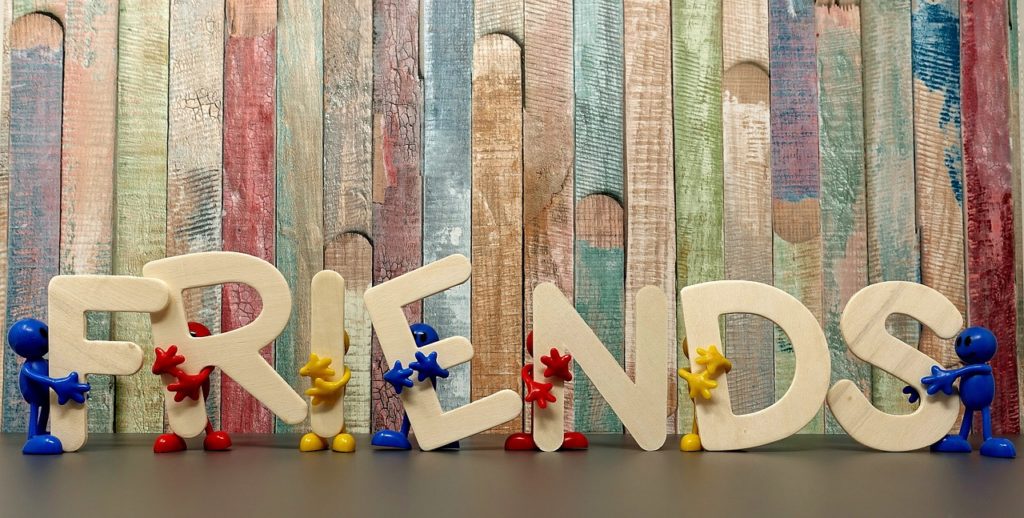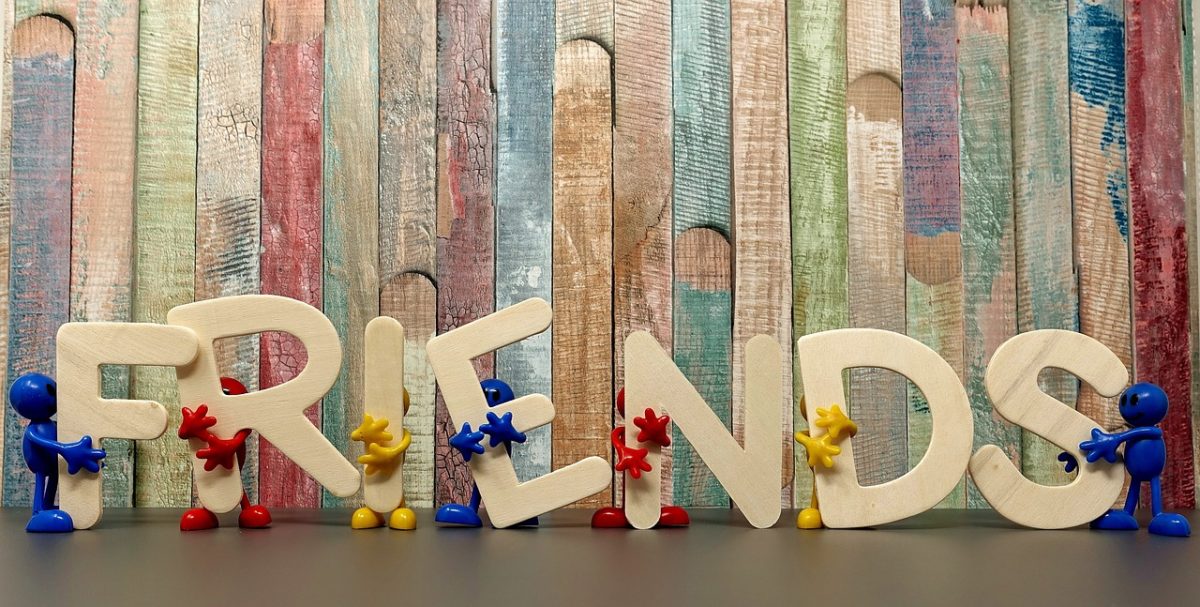
In the beginning of Shaar Hakavanot – the teachings of the Arizal regarding the intentions of should have during prayer, as codified by his main disciple Rabbi Chaim Vital, the Arizal teaches us a golden rule about prayer. While many enter a shul (or stay in their private room for prayer) and begin praying for their own selves, the Arizal teaches us a lesson which we must implement in our every day lives. Even if we aren’t striving to become the next outstanding Mekubal (kabbalist) of the generation, it is something which applies to each of us.
The Arizal teaches:
Before a person prepares to pray in the synagogue – starting with the section dealing with the “Sacrifice of Isaac” and onward, he must accept upon himself the positive commandment of “ואהבת לרעך כמוך” – loving one’s fellow man as one loves oneself. He should have intention to love every single person of Bnei Yisrael (the Children of Israel) as his own soul. Through this his prayer will ascend, included with all the prayers of the Jewish people, and it will be able to ascend upwards and produce fruit. In particular one’s real friends who occupy themselves in Torah together. Each one of them should include himself as if he were a limb of one of his friends.
In particular, if one of his friends is in distress (of any kind), then everybody should join themselves in his friend’s distress – whether it be on account of sickness, or because of children (this could be a lack of children or perhaps even difficulties he is having with his children), he should pray for him.
Likewise in all his prayers and his needs and his words – he should include his friend. My teacher (i.e. the Arizal) warned me in the matter of love of our own friends in our own group.
INISIGHTS
This is a powerful teaching which is certainly followed in the version of prayer followed by Chabad Chassidim whereby the very first thing one should say before beginning any of one’s prayers in the morning is the expression, “הריני מקבל עלי מצות עשה של ואהבת לרעך כמוך” – “I hereby accept upon myself the positive mitzvah of ‘and you shall love your fellow as yourself'”
Of course, while saying the expression is a great thing, one must not forget the reality of the words being said. Speaking is not sufficient, and the speech should lead to positive action. How does one go about this? Rabbi Chaim Vital teaches us that we need to implement our words into action by actually having our fellow in mind in everything we do. When he is suffering, we must feel that suffering ourselves. If he lacks children (and especially when we are blessed with many) we should well feel his pain (as opposed to offering unsolicited unhelpful and even painful advice). Many people will criticize the one who lacks children. Perhaps he is not fulfilling the laws of Family Purity and so God is punishing him. Certainly he should be encouraged to fulfill these laws if he is not already. But when one does not know if indeed the other is fulfilling these laws – one should be most sensitive. Maybe indeed, he fulfills all the laws as they should be. Telling the other to check his Mezuzot just after he has checked them three or four times already – and still claim that they must be faulty, shows a lack of judging the other on the side of merit and also claims against the one who checks Mezuzot that he does not know Halachah – when he may well be extremely qualified…
If one’s fellow is ill, one should actively pray for them – rather than tell them that God is punishing them for a previous incarnation or perhaps because he does not serve God as he should – and perhaps he should study more Mussar and then God will have mercy – or perhaps he should pour molten lead over his head and wave it around chanting a spell. One should not send him to a “Sage” who apparently heals because he rolls his eyes backwards in his sockets as he chants some meaningless words. Indeed, one should simply pray for the other!
If one’s fellow lacks money – one should apply the same rules. One should not insult and assume it is because he has not worked, or that he is lazy or any other such thing. Rather, if possible, one should actively give him money, a job, or buy something that he may be selling. In this way, one encourages the other and shows him that he really loves him. Instead of telling the other that he did not study at a university and now he is paying for the consequences, one should instead feel his pain and his difficulty and offer any help he can to get the other back on his feet again – rather than God forbid, mock his situation and let him end up on the streets.
Our Torah is a Torah of life. It teaches values which tell our nation that we are to love each other in active ways – and not just speech. Be that as it may, we must actively recite this sentence before we begin praying everyday so that we will internalize this concept and put it into practice.
RABBI DANIEL FRISCH – THE MATOK MIDVASH AND HIS LOVE FOR OTHERS
The author of the enormous over-15000(!) page commentary known as the Matok Midvash was uniquely known for something he did with his own group of talmidim (pupils) and friends. It is written in his biography that at a certain point, he spoke to them – just a small group of people – and said that they should indeed fulfill this law to the ultimate degree and really care about each other. Yes, it is very rare to find everyone caring about everyone – but if one can at least begin by setting up a group of people who truly care about each other – even this is a great start.
What did he do with this friends? He wrote a document up in which he stated that the purpose of the group was from that moment onward to love each other as themselves just like the Arizal teaches. Everybody signed the document, and from that day onward, every person was required to literally experience the joys and sorrows of everyone else in the group just as if it were their own. This was a tremendous thing and it is something one can implement with all one’s friends – if of course one really cares! This is surely a litmus test to see just how much we really do love and care about our own family and friends… Would we be prepared to sign a document testifying to our readiness to accept such a condition upon ourselves for our entire life? If so, we are on the right track. If not, it surely shows just how far we are from our lip-service of telling others just how much we love them.
It sounds like a small thing. It’s just a few words that we must recite every morning. But the truth is, this is a lifetime of work which we must implement in order to truly come to appreciate that indeed, the Jewish people are like one body and each person is a limb. When one part of the body aches – the entire body feels it. If we are not feeling the other’s pain, it is a sure sign we are either disconnected from the body, paralyzed or simply dead!
Insult and embarrassment of any kind are not the ways of a Jew. The way of a Jew is to find the way to love the other – no matter what the situation is. It is not for us “know better”, it is for us to do better! It is to love the other for what he needs – and not for what we imagine in our heads we think he needs.


